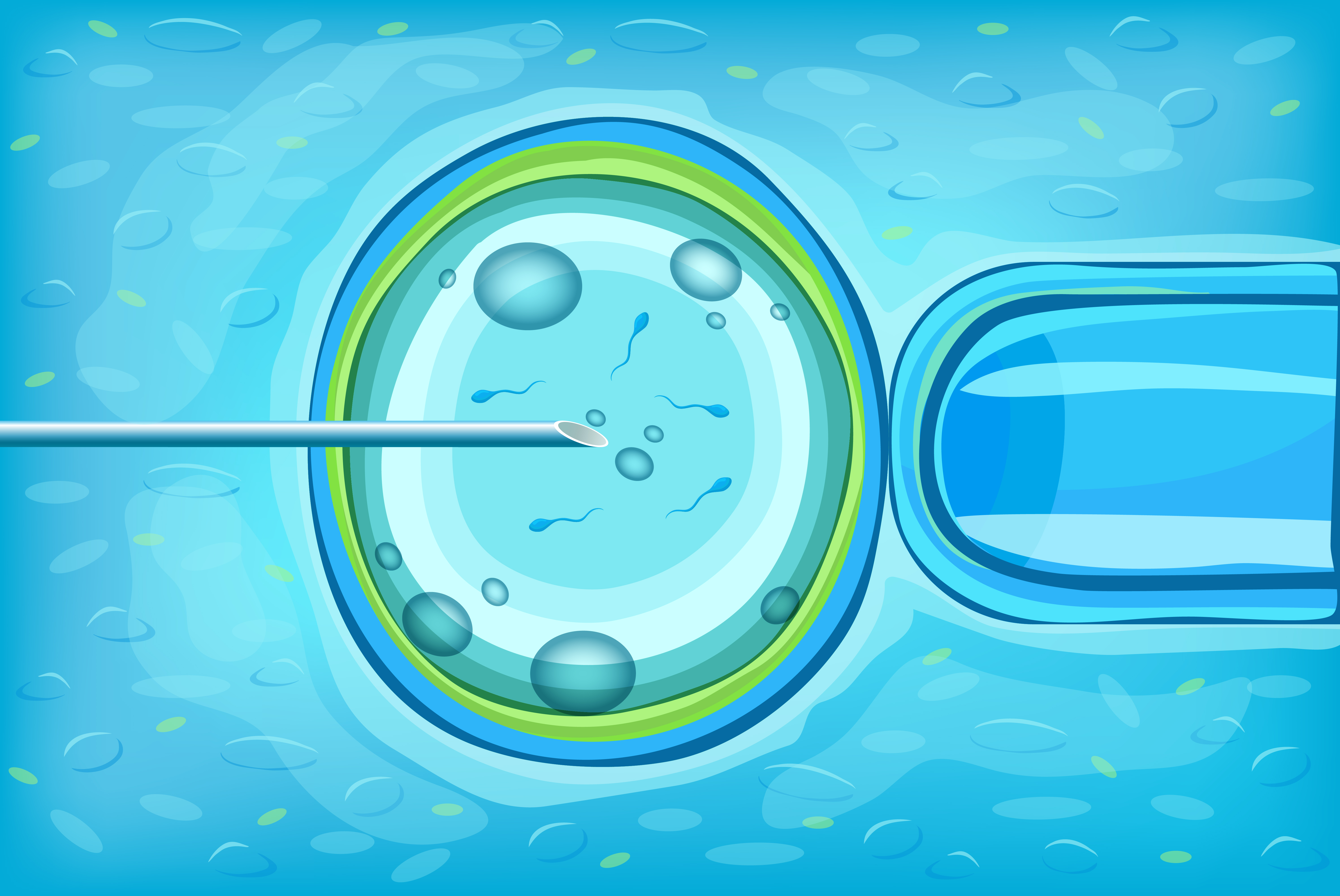IUI : How long does it take to get pregnant with IUI?
If you're considering using intrauterine insemination (IUI) to get pregnant, you may be wondering how long it takes. IUI is a type of fertility treatment that involves placing sperm directly into the uterus to help a woman become pregnant. In this blog post, we'll discuss how long it typically takes for someone to get pregnant with IUI. We'll also go over some factors that can affect your chances of success and what you can do to increase them. In this blog post, we'll discuss the timeline of IUI and how long it typically takes to become pregnant with IUI. We'll also provide advice from some of the Best Fertility Doctors in Kenya so that you can make the best decisions for your reproductive health.
IUI is the Process of Inseminating Sperm into the Uterus
IUI, or intrauterine insemination, is a fertility treatment that involves placing sperm directly into the uterus. During IUI, sperm are collected and placed into a syringe, which is then inserted into the uterus via the cervix. The procedure is done in a fertility clinic under sterile conditions and is often done with the help of a fertility doctor.
Though IUI can be an effective fertility treatment, it is important to remember that there is no guarantee of success. Results vary from couple to couple, and not everyone who undergoes IUI will become pregnant. It usually takes up to two weeks for the process to take effect, and many couples require multiple cycles before achieving pregnancy.
The Process Usually Takes Place in a Fertility Clinic
The process of IUI (Intrauterine Insemination) is a procedure which is usually done in a fertility clinic. The process involves the insertion of sperm into a woman’s uterus to try and increase the chances of fertilization and a successful pregnancy.
IUI is usually performed by a fertility specialist, such as an obstetrician/gynecologist or reproductive endocrinologist. Before the procedure, the patient will have to have an initial consultation with their doctor to discuss the best course of treatment. During this time, the doctor will ask questions about the patient’s medical history and any past fertility treatments they have had.
When ready for the procedure, the patient will be taken to the fertility clinic and asked to lie on a table. A speculum will then be inserted to help widen the cervix so that the sperm can be injected. This part of the procedure may cause some discomfort but is relatively quick.
IUI is Usually Done Using a Syringe
When a couple decides to use IUI, the sperm is collected from either the male partner or from a donor. The sperm is then placed into a syringe that is used to inject it into the uterus. Intrauterine insemination is the term for this action (IUI).
Using a syringe for IUI ensures that the sperm can travel directly to the uterus and not get lost along the way. The doctor can also control the amount of sperm being injected and make sure that it reaches the correct location in the uterus.
Once the sperm is ready, the doctor will insert the syringe into the uterus and inject the sperm. This entire process usually takes around 10 minutes and does not cause any discomfort for the patient.
IUI can be an effective treatment for infertility if done correctly and with the right tools. By using a syringe, doctors are able to ensure that the sperm reaches its destination accurately and safely, increasing the chances of successful fertilization.
IUI Can Take Up to Two Weeks to Get Pregnant
The time frame for getting pregnant with IUI can vary from person to person, depending on the specific circumstances of the couple or individual. Typically, however, the process takes up to two weeks to get pregnant. This is because the sperm needs to travel through the cervix, uterus, and fallopian tubes in order to reach the egg.
For those in Kenya looking to try IUI, the process is the same. Couples can seek fertility treatment through a clinic specializing in reproductive health. In some cases, couples may also be eligible for government-subsidized fertility treatments. Ultimately, the success rate of an IUI Treatment in Kenya is highly dependent on factors such as the age of the couple and the quality of their sperm and eggs.




Comments
Post a Comment